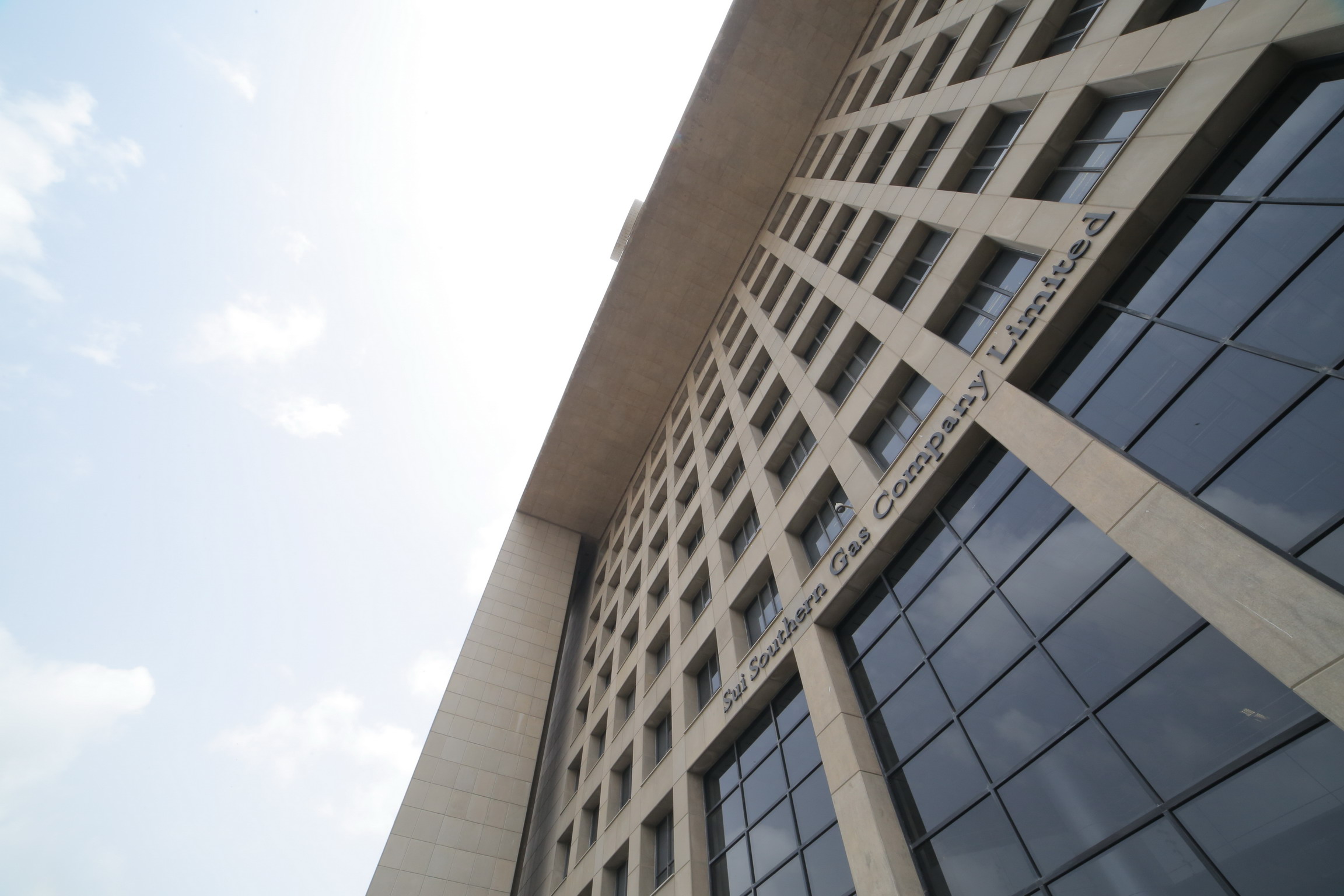UFG was and still is the single most critical component impacting the profitability of SSGC. Three years ago, SSGC stood at 55 BCF of loss at 15.3%. A UFG Hub had been established a year ago, consisting of 40 executives from cross-functional departments whereas, Measurement and CGTO were under its direct control. Distribution and Billing which are the major factors in contributing UFG were not part of the HUB. A BOD Committee had identified key factors that impacted UFG. Focused monitoring and data trending was being carried out for the 14-highest UFG SMSs on a priority basis.
However only limited results were achieved through the implemented plan. At this point, a comprehensive strategic overview was performed to determine the reasons for the ineffectiveness of implemented plan as well as the operational factors resulting in UFG savings below the expectations.
It was identified that diverse issues existed across the various parts of franchise areas while centralized control restricted the organizational agility to respond swiftly and suiting to the peculiar needs. Considering the situation, the initial step was to divide Karachi’s Central Region into 10 zones with reporting of all operational functions to a single manager whom was tasked to report to senior management on weekly basis. Substantial success of the endeavor encouraged the implementation of zonal level management structure in all three regions of Karachi where 22 zones were created.
On similar lines, Sindh was classified into 5 regions and Hyderabad city into 2 zones whereas Balochistan was divided into 3 regions with 04 zones in Quetta. A Karachi Master Plan was developed to augment volumes and pressure to the Industrial consumers while similar plans were developed and implemented in a short span of time thereby optimizing gas delivery in Interior Sindh and Balochistan. Two of the five projects under the Master Plan have been completed with another 2 will be completed by June 2024. On the other hand, all planned projects in interior Sindh and Balochistan have been systematically completed within the stipulated target dates, resulting in substantial UFG improvement in these areas.
Continuous emphasis is being placed on rationalizing gas purchase at SMS and TBS levels resulting in significant increase in the system’s ability to optimize supplies up to 30 – 35 MMscfd from the domestic sector which is being diverted towards industrial consumers.
Billing performance in domestic sector has been improved through several measures including but not limited to the incorporation of data generated through physical pressure surveys of all high-rise buildings in the city. Further improvement of 4-5% is expected through full-scale implementation of the identified actions.
Approval to raise and collect gas theft claims from unauthorized gas users in Karachi was obtained after multiple deliberations with OGRA and SBCA. Teething issues in relation to the implementation of unauthorized gas claim framework in the domestic sector are being resolved. It is estimated on the base of current momentum and focus that 500K unauthorized users will be registered under the framework by the end of the next fiscal year. About 150K customers have been identified so far and 29K have been brought into this mechanism.
A major drive against domestic theft and recovery of gas claims has been initiated in the Upper Sindh area especially in Nawabshah and Larkana regions. As a result of industrious efforts, UFG of Nawabshah region was reduced from 24% to 10% whereas that of Larkana was reduced from 36% to 14%, during the Jul-Nov, 2023 period as compared to the corresponding period in the preceding year.
UFG in Balochistan has been and continues to be a major driver in the profitability of the company. Several measures have been taken to help mitigate this impact.
- A number of areas under the control of law enforcing agencies which could not have been accurately billed due to limitation of access have now been fully identified. Ghazaband Camp is an example of such areas where through installation of dedicated PRS and internal streamlining of operations that includes leak rectifications and meter replacements resulted in spare gas which is being diverted to Pishin Zone, consequently the sale of the zone has been improved and resulted in considerable reduction in UFG (from 58% to 25%).
- A stronger drive against the domestic and commercial theft is underway. Accordingly, a dedicated Police Station for counter gas theft has been established at Quetta for deterrence of gas theft.
- A major segmentation and reinforcement project of distribution pipelines in Quetta was carried out last year which enabled the system to operate at comparatively lower pressures. This endeavour has proved beneficial from two aspects; (i) the tail end areas are receiving better pressure and (ii) UFG savings due to operating the system at lower pressure.
- As a result of active persuasion and demonstration by SSGC team, Balochistan High Court has allowed for the implementation of provisional billing mechanism subject to certain guidelines.
- Accordingly, door-to-door survey of ~200K domestic customers in Quetta has been completed in less than 03 months (Nov-Jan 2022/23) to collect data on tampered meters along with evidence of gas consumption for provisional billing in line with Balochistan High Court orders and OGRA.
Slow rehabilitation work had been a major obstacle in preventing leakages, especially in older areas of Karachi. Execution was being carried out through in-house resources with a maximum capacity of ~250 kms / year. To streamline, expedite and enhance the effectiveness of Rehabilitation function of the Distribution network in a focused manner, following measures have been implemented:

